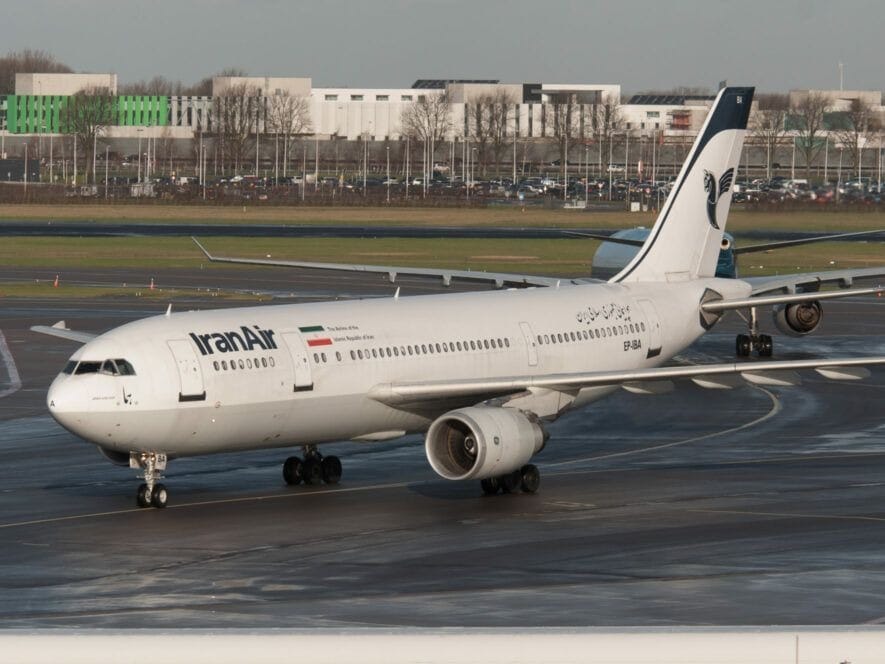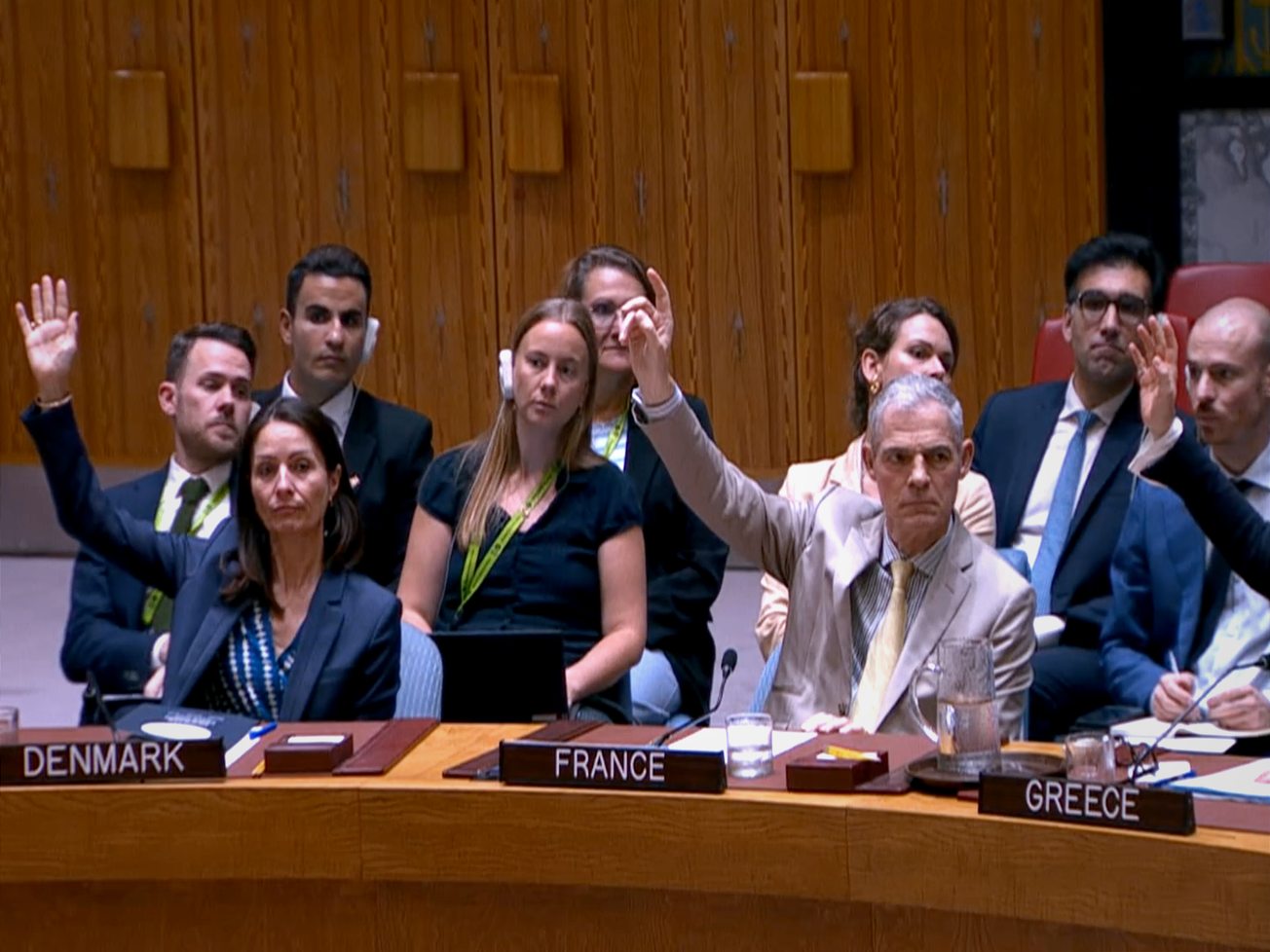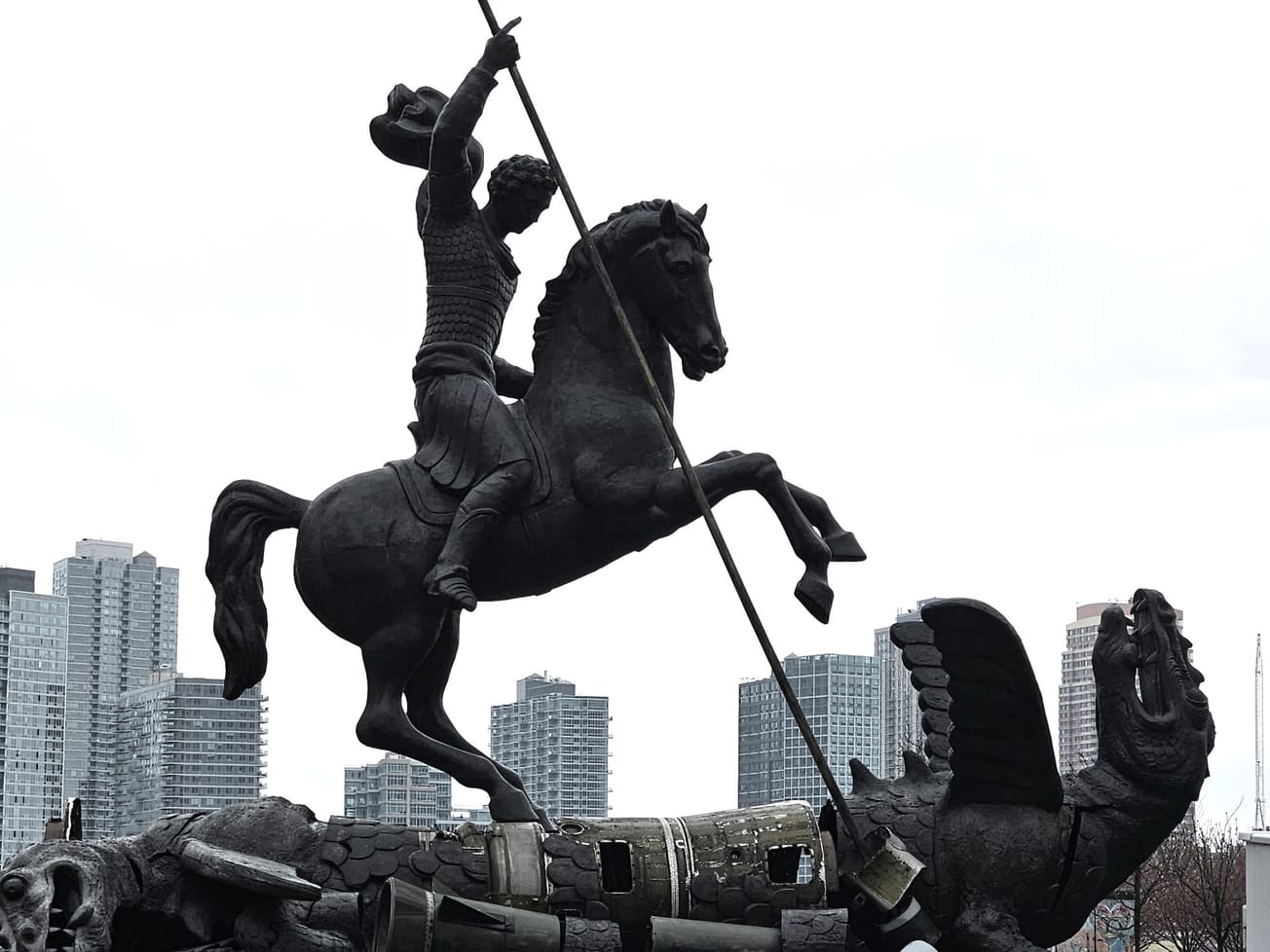The U.N.'s highest court ordered the United States to lift economic sanctions against Iran on imports of humanitarian goods linked to civil aviation safety. Hours later, U.S. President Donald Trump's administration cancelled a 63-year-old treaty on U.S.-Iran economic and consular ties.
Judges at The Hague, Netherlands-based International Court of Justice unanimously issued a legally binding ruling that sanctions reinstated by the Trump administration last May breached a 1955 treaty between Iran and the United States that predates Iran's Islamic Revolution.









